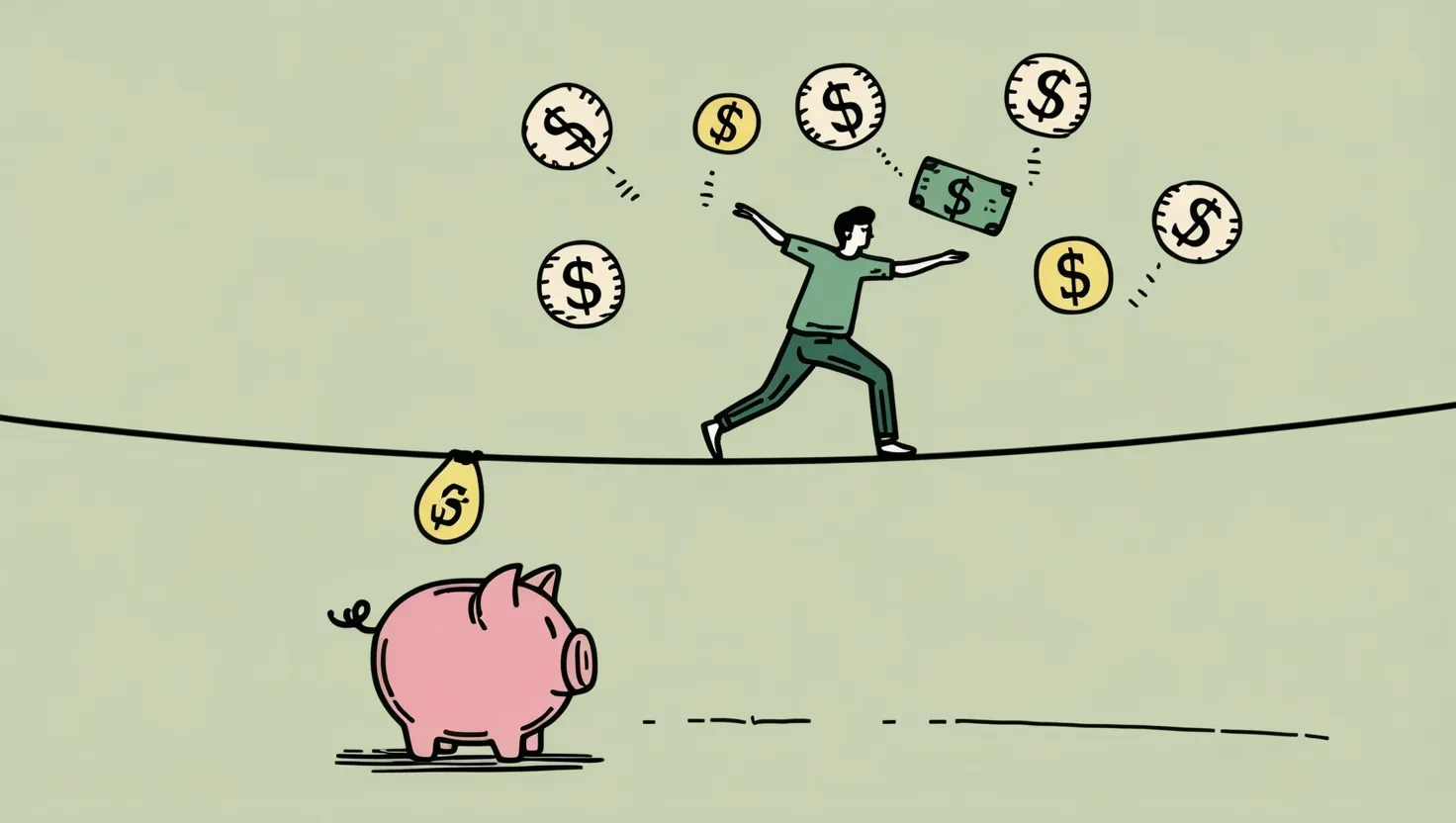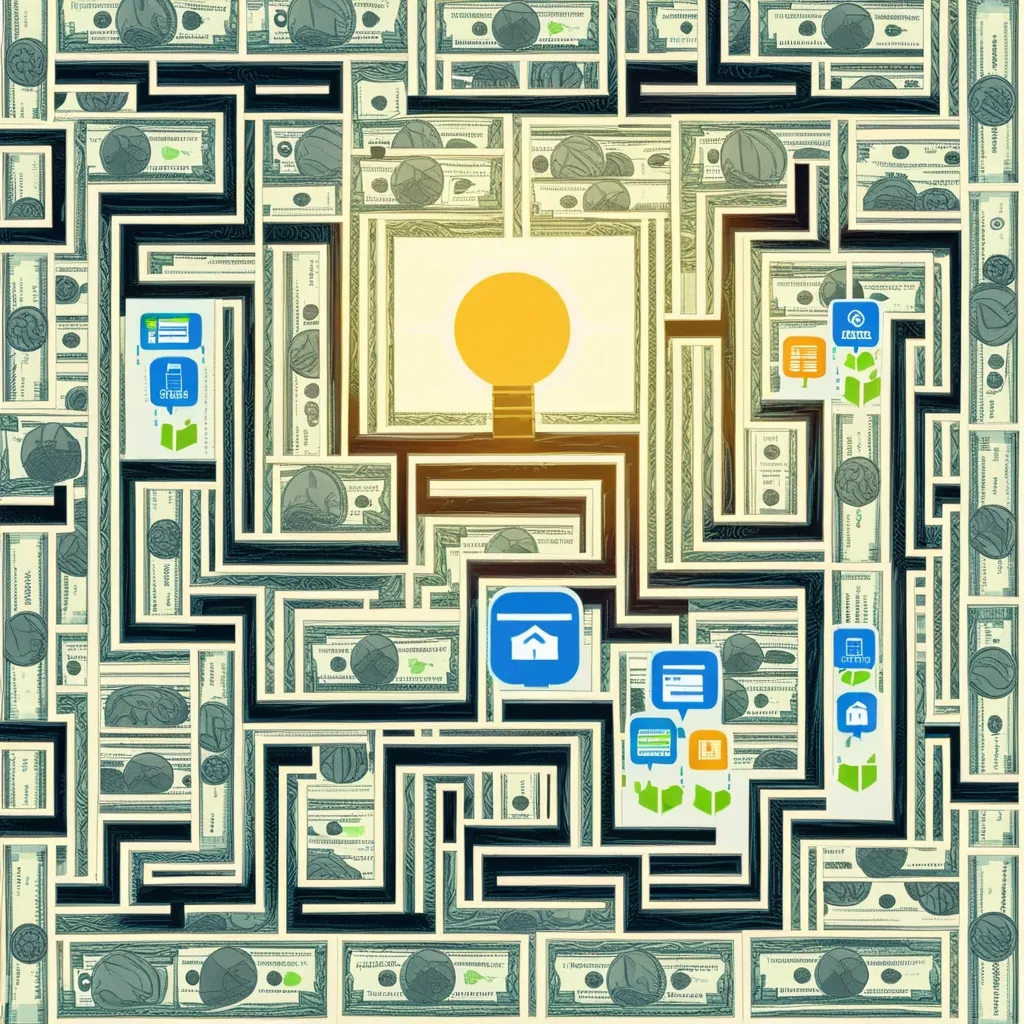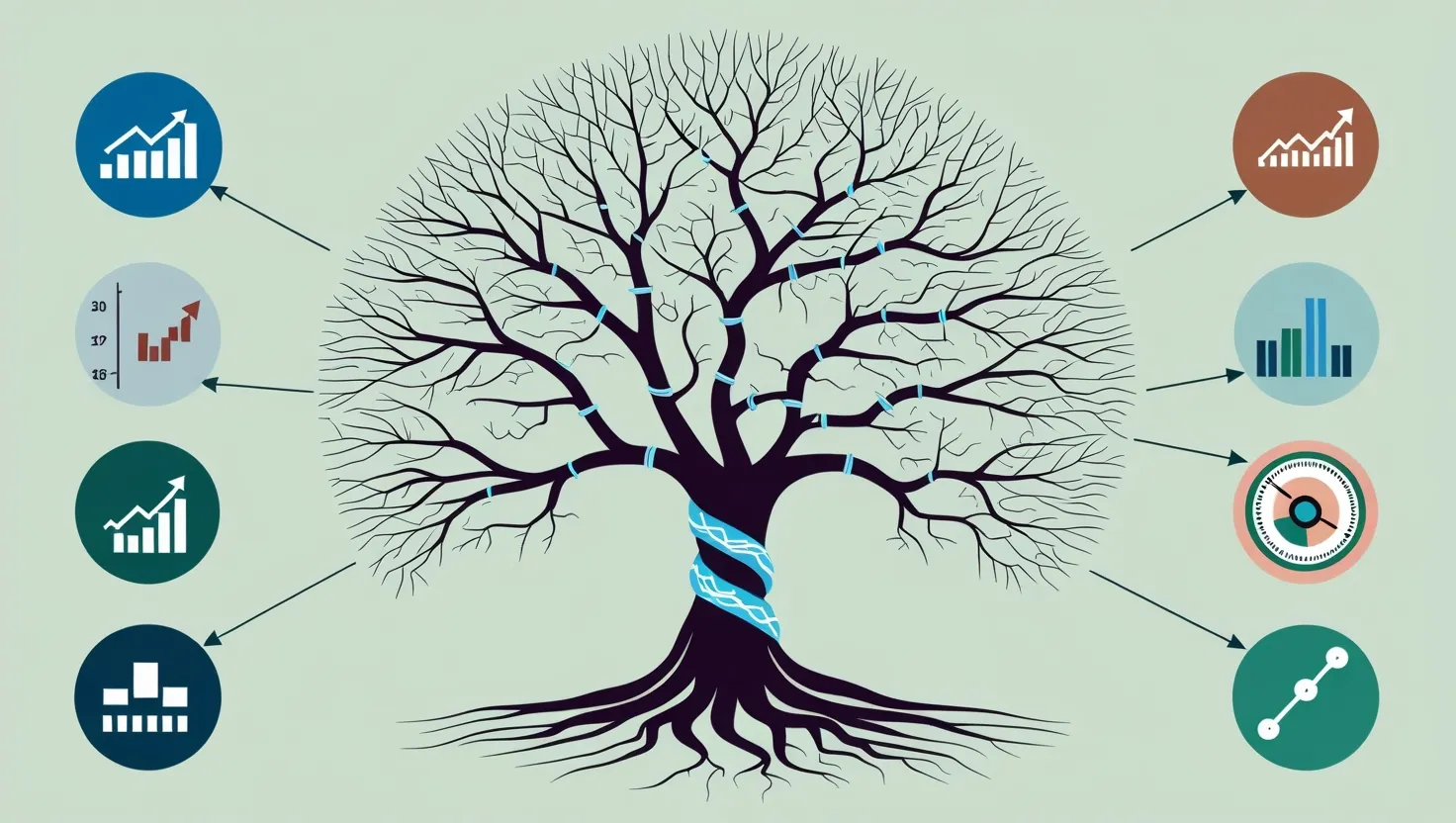Alright, let’s dive into the world of loans and banking. Trust me, there’s more to it than meets the eye. Banks have their secret sauce when it comes to dishing out loans, and knowing these hidden ingredients can be a game-changer for your wallet.
First up, let’s talk credit history. It’s like your financial report card, and banks are definitely checking it out. Before you even think about asking for a loan, take a peek at your credit report. It’s not just about fixing mistakes (though that’s important too). It’s about showing you’re responsible with money. Maybe you’ve been a bit slack with payments or maxed out your credit cards. Time to clean that up before you ask for more cash.
Now, imagine you’re running a business and need some extra dough. Banks want to see your cash flow. It’s like showing them you’ve got a steady paycheck coming in. They’re not just interested in what’s happening now, but what you think will happen in the future. So, if you’re planning to expand your burger joint, you better have a solid plan on how you’ll make enough to pay back that loan.
Let’s talk collateral. It’s the bank’s safety net if things go south. If you’re borrowing for a short time, they might want something quick and easy like your accounts receivable. But for big, long-term loans, they’re looking at the serious stuff like real estate. And believe me, they’ll dig deep to make sure that property is legit and free of any prior claims.
Here’s where it gets a bit fuzzy - your character. Yeah, banks care about that too. It’s not just about numbers; they want to know if you’re a stand-up person who’ll make good on their promises. If you’ve got a track record of successful businesses or a stellar reputation in your field, that’s gold. But if you’ve got some skeletons in your closet, like failed ventures or shady dealings, that’s going to raise some eyebrows.
The reason you need the loan matters too. Banks are nosy like that. They want to know what you’re planning to do with their money. If you’re consolidating debt or dealing with an emergency, they might be more sympathetic than if you’re just looking to fund a lavish vacation.
Now, let’s talk about the dark side of loans - predatory lending. Some loans are like financial quicksand, sucking you in with promises of fast cash but drowning you in sky-high interest rates and fees. Payday loans are a prime example. They might seem like a quick fix when you’re in a pinch, but they can trap you in a nasty cycle of debt. If you’re really struggling, look into community credit unions or non-profit financial groups. They’re often more interested in helping you than making a quick buck off your misfortune.
Applying for a loan isn’t just filling out a form and crossing your fingers. It’s more like preparing for a financial colonoscopy. Banks want to see everything - your financial statements, tax returns, and if you’re a business owner, a detailed plan of how you’re going to make it rain. Take mortgages, for example. Even if you’ve been banking with them since you were in diapers, they’ll still want fresh docs to prove you’re good for the money.
Here’s a pro tip: don’t fall for the “special offers” trap. Banks love to dangle carrots like better rates for existing customers, but that’s not always the case. These deals often have more to do with what’s happening in the broader market than your relationship with the bank. It’s like when car dealerships have those “once in a lifetime” sales that seem to happen every other weekend.
If you find yourself drowning in credit card debt, don’t just stick your head in the sand. That’s a surefire way to end up with late fees, higher interest rates, and a credit score that looks like it fell off a cliff. Instead, reach out to your credit card company or find a legit non-profit credit counseling outfit. They might be able to help you work out a payment plan or give you some solid advice on getting your finances back on track.
Now, let’s break it down even further. When you’re shopping for a loan, it’s not just about the interest rate. You’ve got to look at the whole package. Are there origination fees? Prepayment penalties? Hidden clauses that could come back to bite you? It’s like buying a car - that sticker price isn’t the whole story.
And speaking of cars, auto loans are a whole different ball game. Banks often offer better rates on these because they can easily repossess the car if you default. But that doesn’t mean you should jump at the first offer. Shop around, and don’t forget to check out credit unions. They often have some of the best rates in town.
Here’s something most people don’t think about - the timing of your loan application. Banks, like any business, have seasons. There might be times when they’re more eager to lend, maybe to meet quarterly goals. Do some homework and try to time your application when banks are more likely to say yes.
Let’s talk about co-signers for a second. If your credit isn’t stellar, you might be tempted to ask someone to co-sign your loan. But pump the brakes for a minute. This is a big ask. You’re essentially asking someone to take on your debt if you can’t pay. It’s not just a signature; it’s a serious financial commitment. Make sure you both understand the risks before going down this road.
Now, here’s a curveball - sometimes, not getting a loan can be a blessing in disguise. If banks are turning you down left and right, it might be a sign that you’re not financially ready for that commitment. Instead of getting discouraged, use it as motivation to improve your financial health. Pay down existing debts, boost your savings, and work on improving your credit score. It’s like training for a marathon - you don’t just show up on race day without putting in the work.
Let’s chat about refinancing for a minute. If you’ve already got a loan, keep an eye on interest rates. There might come a time when refinancing makes sense. It’s like trading in your old phone for a newer model with better features. But just like with phones, make sure the upgrade is worth it. Factor in any fees or penalties for refinancing before you make the jump.
Here’s a wild thought - have you considered peer-to-peer lending? It’s like the Airbnb of loans. Instead of going through a bank, you’re borrowing directly from individuals or groups of investors. It can be a good option if traditional banks aren’t working out, but do your homework. The rates can be competitive, but there are risks involved.
Lastly, let’s talk about the elephant in the room - reading the fine print. I know, it’s about as fun as watching paint dry, but it’s crucial. That mountain of paperwork isn’t just there to kill trees. It contains important information about your loan terms, potential fees, and your rights as a borrower. Don’t just skim it - really read it. If there’s something you don’t understand, ask. It’s better to feel a bit silly asking questions now than to be surprised by unexpected terms later.
In the end, getting a loan is a bit like dating. You need to put your best foot forward, be honest about your situation, and find a match that works for you. Don’t settle for the first offer that comes along, but also be realistic about what you can handle. With the right approach and a bit of insider knowledge, you can navigate the loan landscape like a pro and come out on top.






